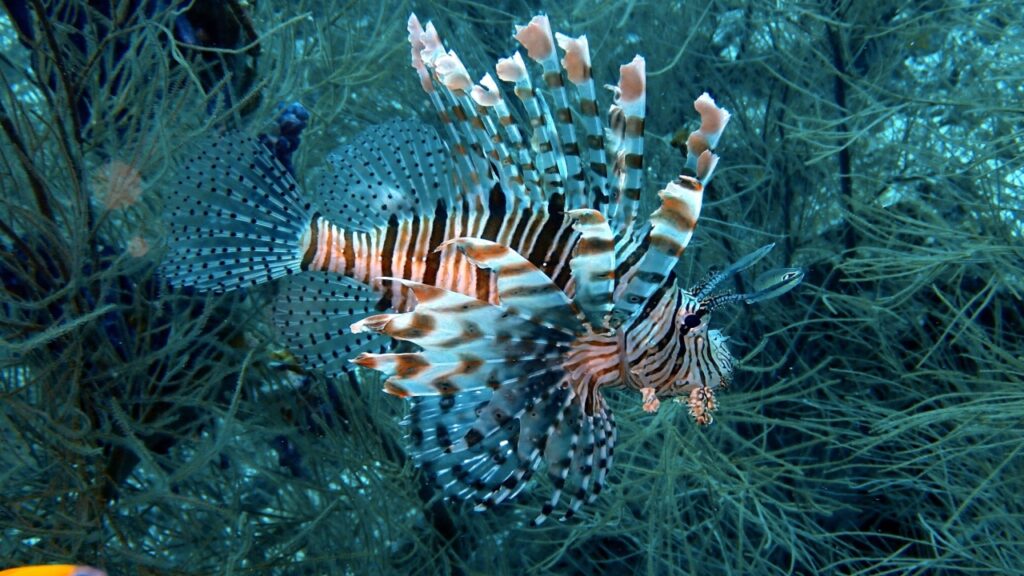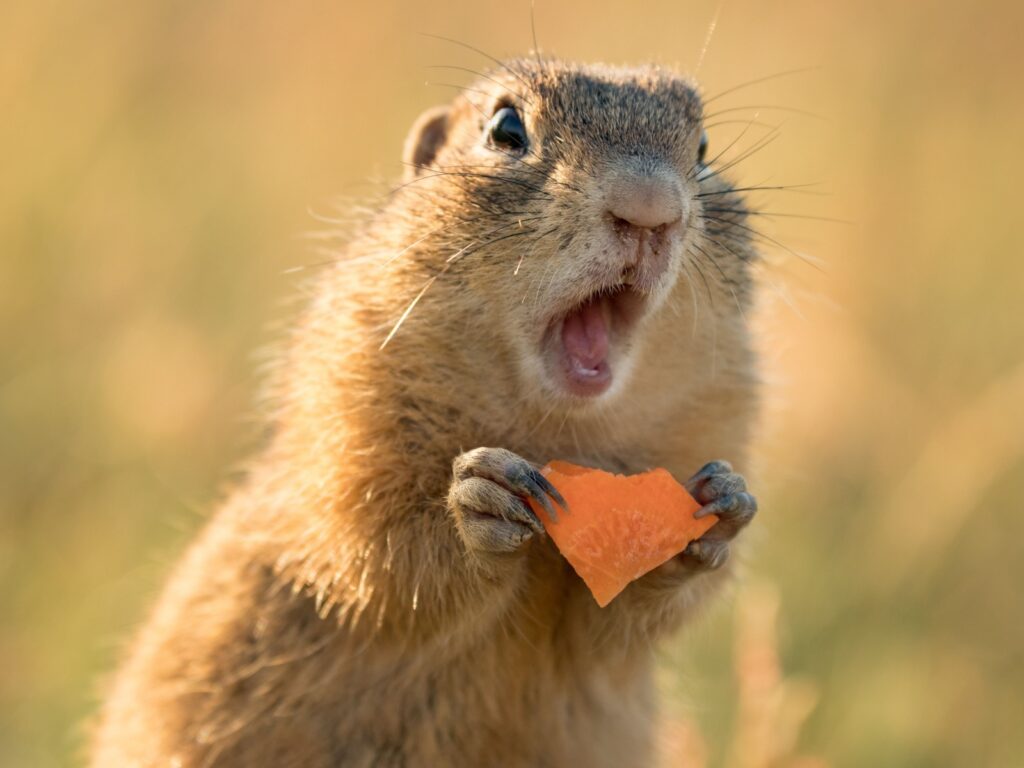The deep sea is a mysterious place, home to some of the most bizarre and fascinating creatures on Earth. These fish have adapted to extreme conditions, resulting in unique and often strange appearances. Here are 15 weird and wonderful fish that inhabit the depths of the ocean.
1. Anglerfish
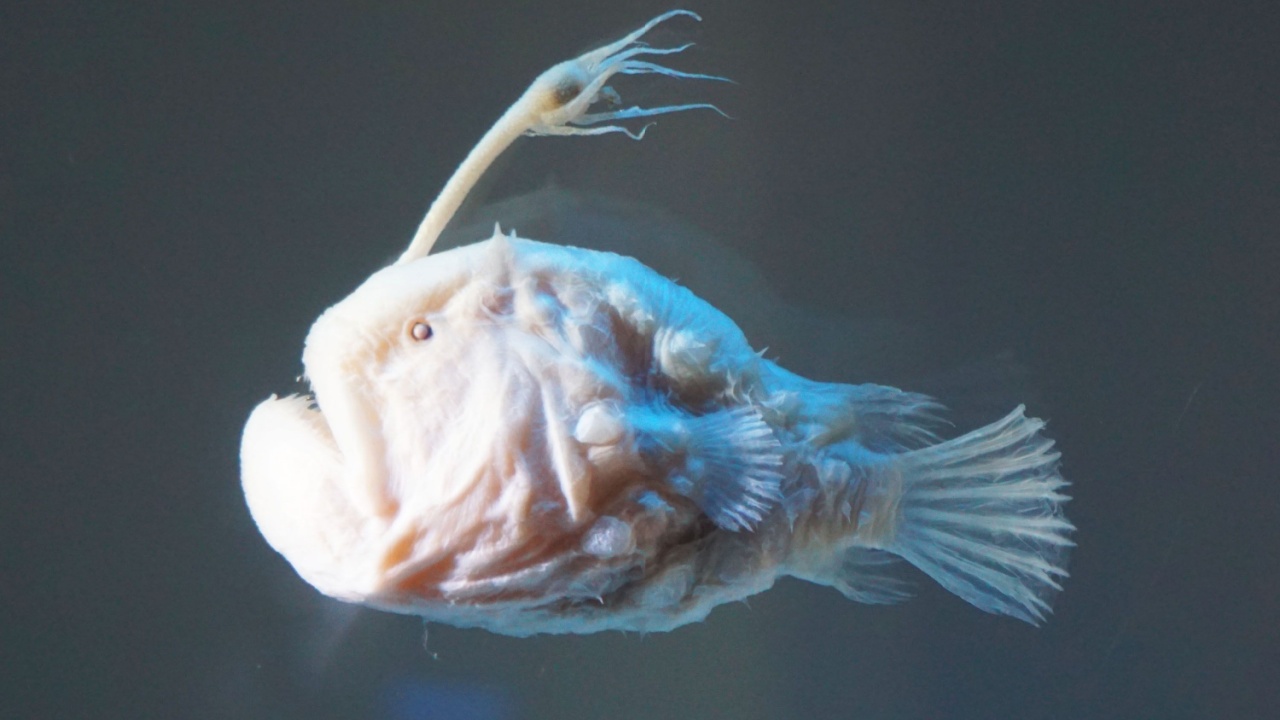
The anglerfish is known for its bioluminescent lure that dangles in front of its mouth. This lure attracts prey in the pitch-black depths. The female anglerfish is much larger than the male, who often fuses to her body, becoming a parasite.
2. Goblin Shark
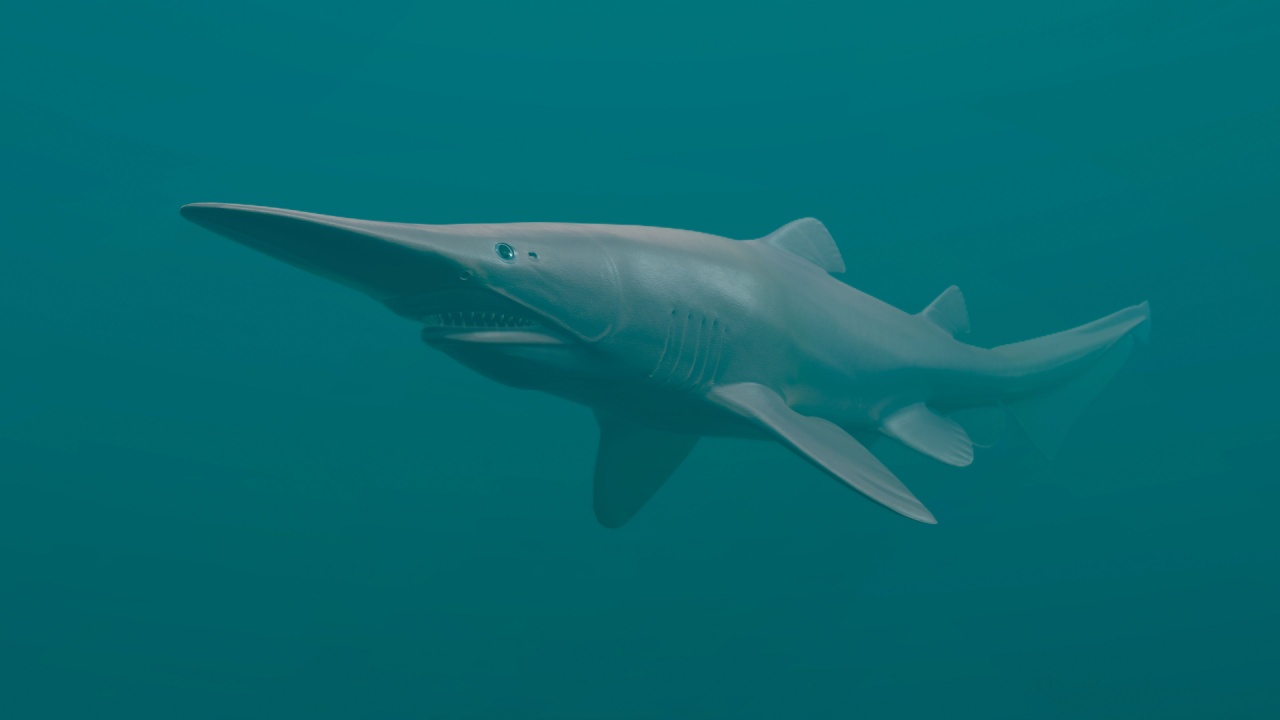
The goblin shark has a long, flattened snout and protruding jaws filled with sharp teeth. It can extend its jaws to catch prey quickly. This shark’s pinkish skin makes it look even more unusual.
3. Viperfish
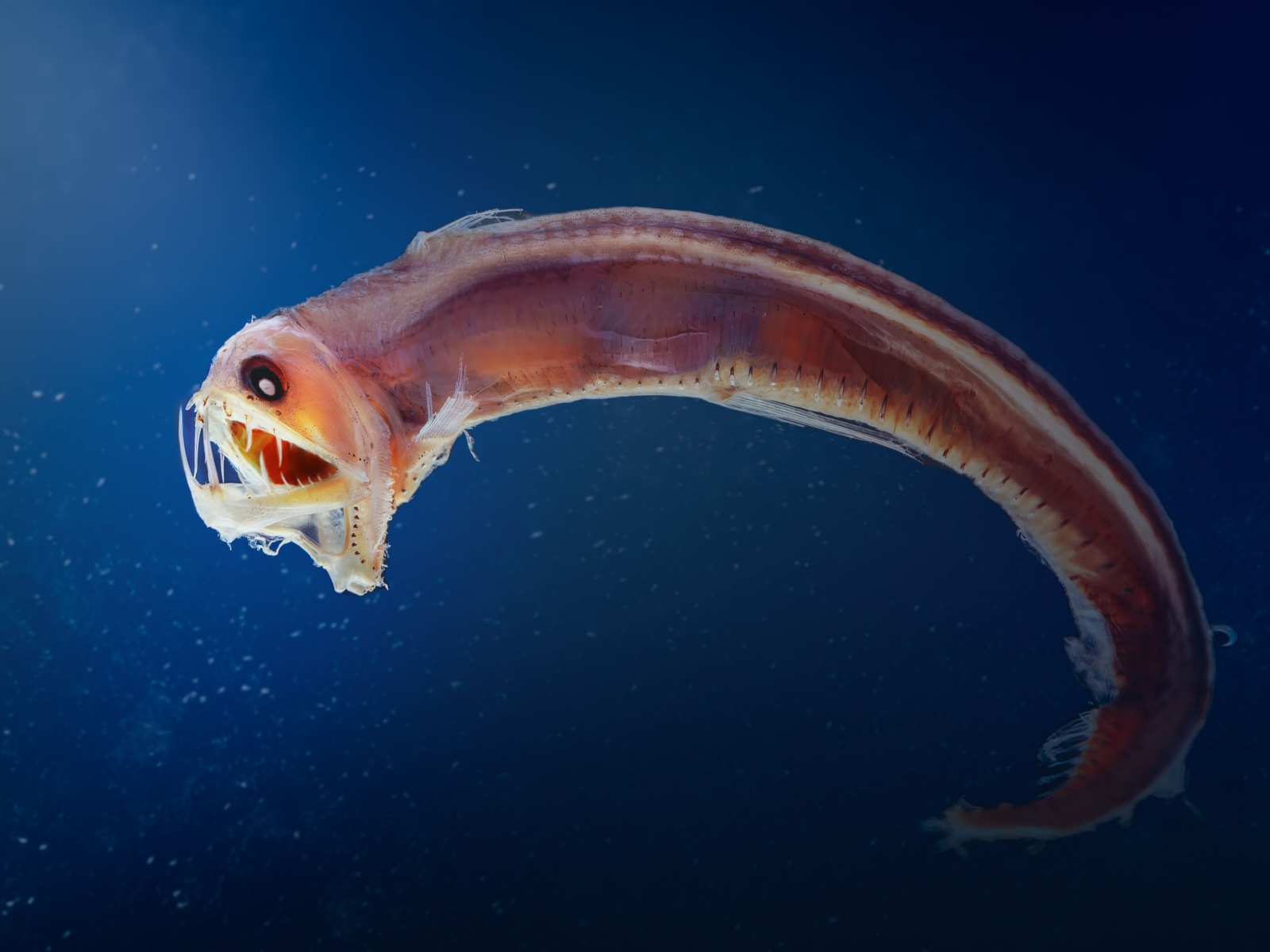
The viperfish has long, needle-like teeth and a hinged lower jaw. It uses its light-producing organ to lure prey in the darkness. Viperfish can grow up to 24 inches long and are fierce predators.
4. Giant Squid
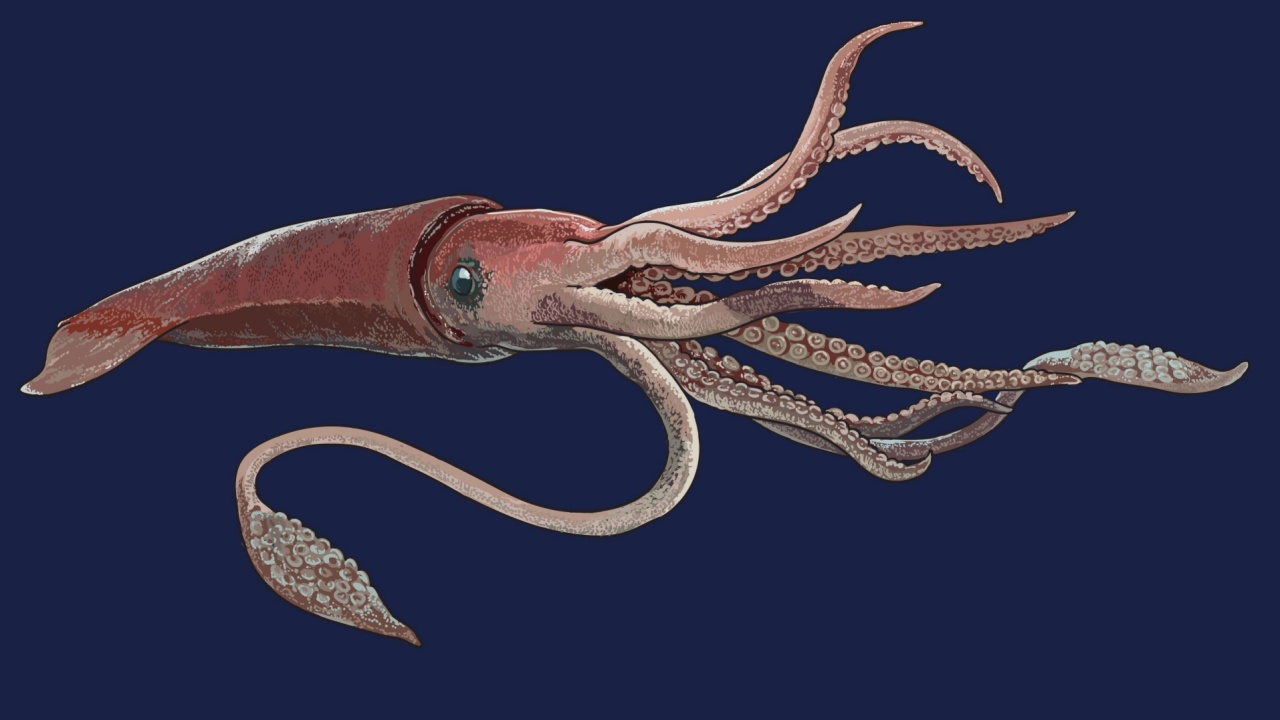
Giant squids have large eyes, the size of dinner plates, which help them see in the dark. They have long tentacles with powerful suckers to catch prey. These squids can grow up to 43 feet long.
5. Hatchetfish
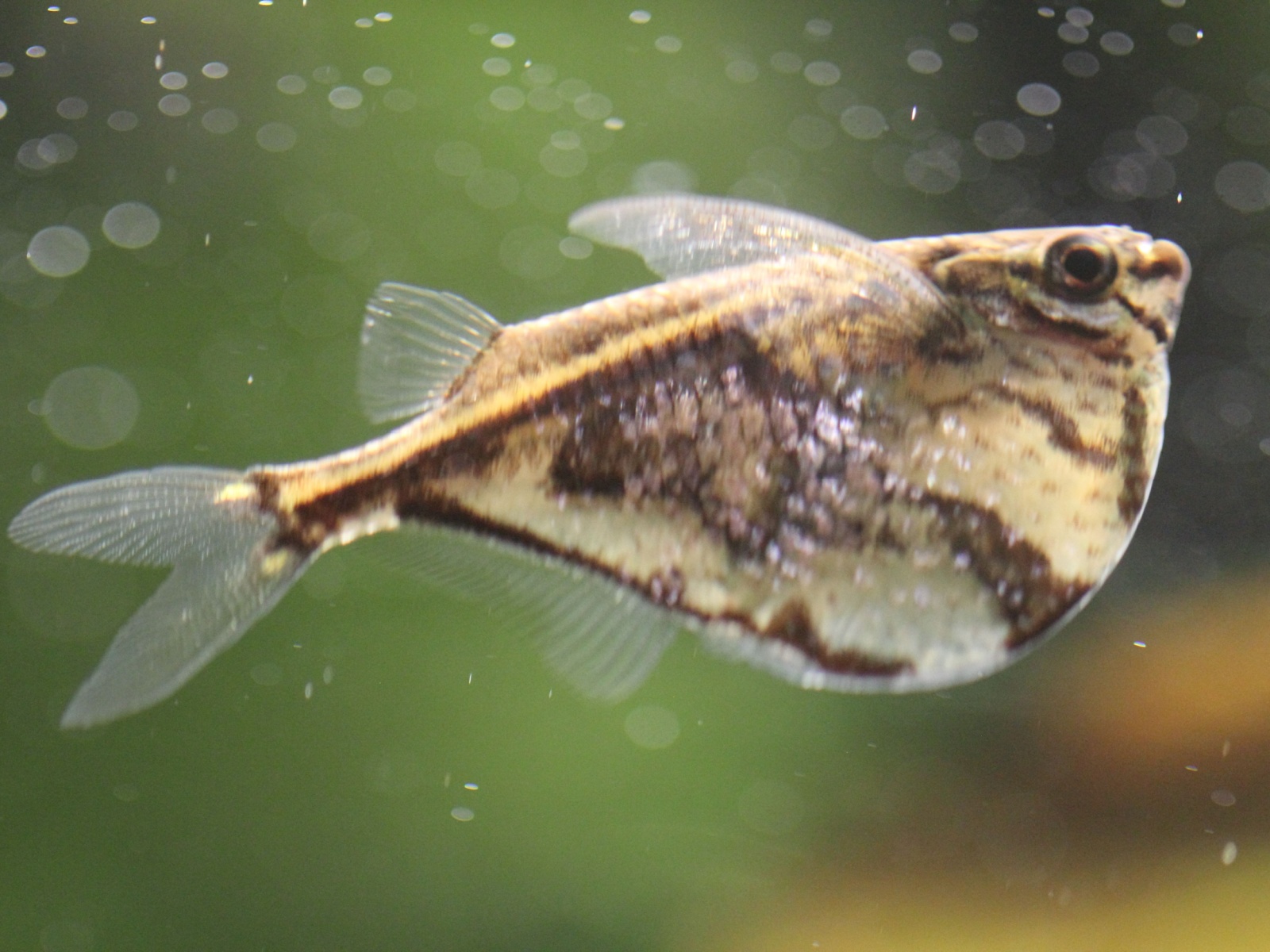
Hatchetfish have thin, silver bodies that resemble the shape of a hatchet. They have large, upward-facing eyes to detect prey above them. Their bioluminescent bodies help them blend in with the light filtering down from the surface.
6. Blobfish
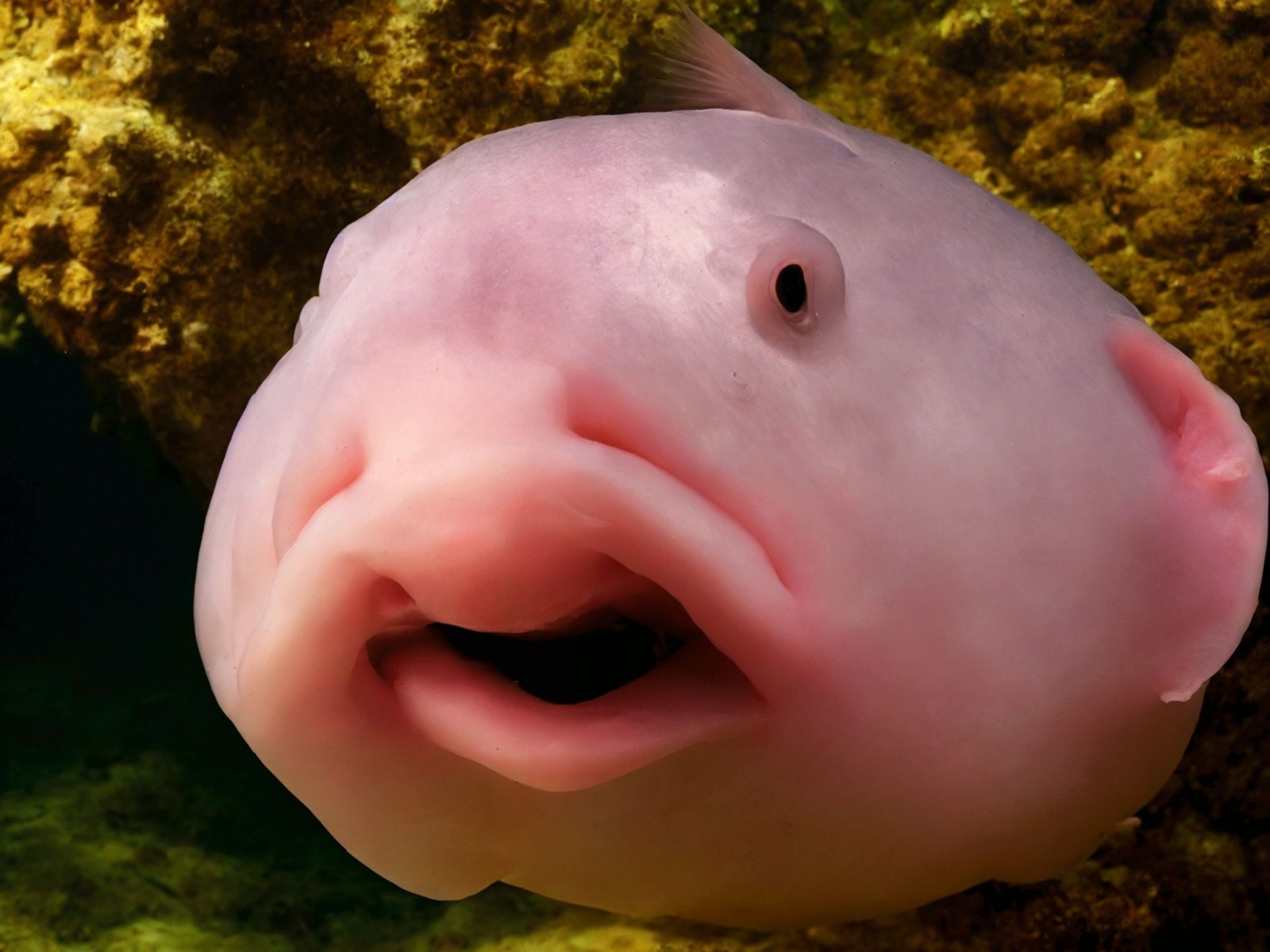
The blobfish has a gelatinous body that looks like a blob out of water. This fish lives in deep waters where high pressure keeps its shape intact. It was voted the world’s ugliest animal in a 2013 poll.
7. Dragonfish
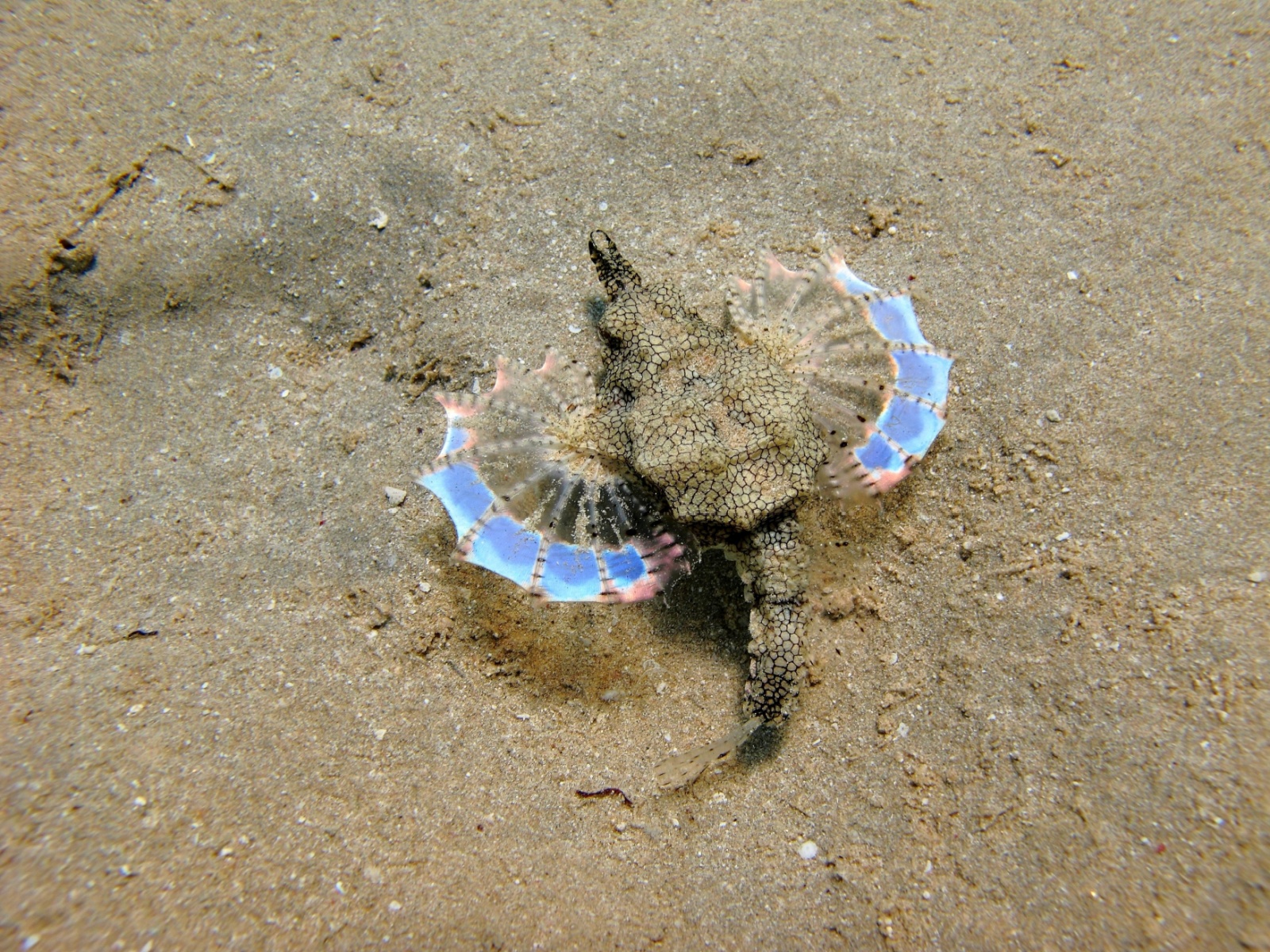
Dragonfish have long, slender bodies and large mouths filled with sharp teeth. They use bioluminescent barbs to attract prey. These fish can produce light from various parts of their bodies.dragonfish
8. Frilled Shark
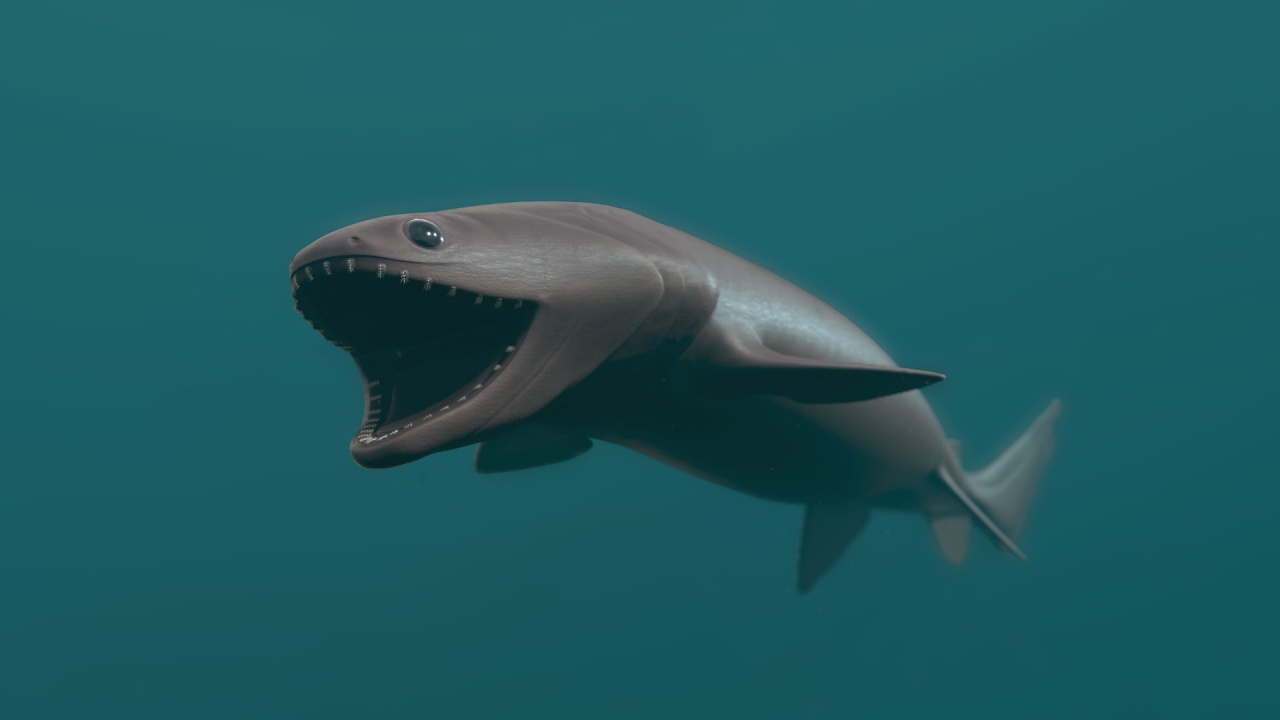
The frilled shark has a long, eel-like body and frilled gills that give it a prehistoric look. It is often called a “living fossil” because it has changed little over millions of years. This shark can grow up to 6 feet long.
9. Lanternfish
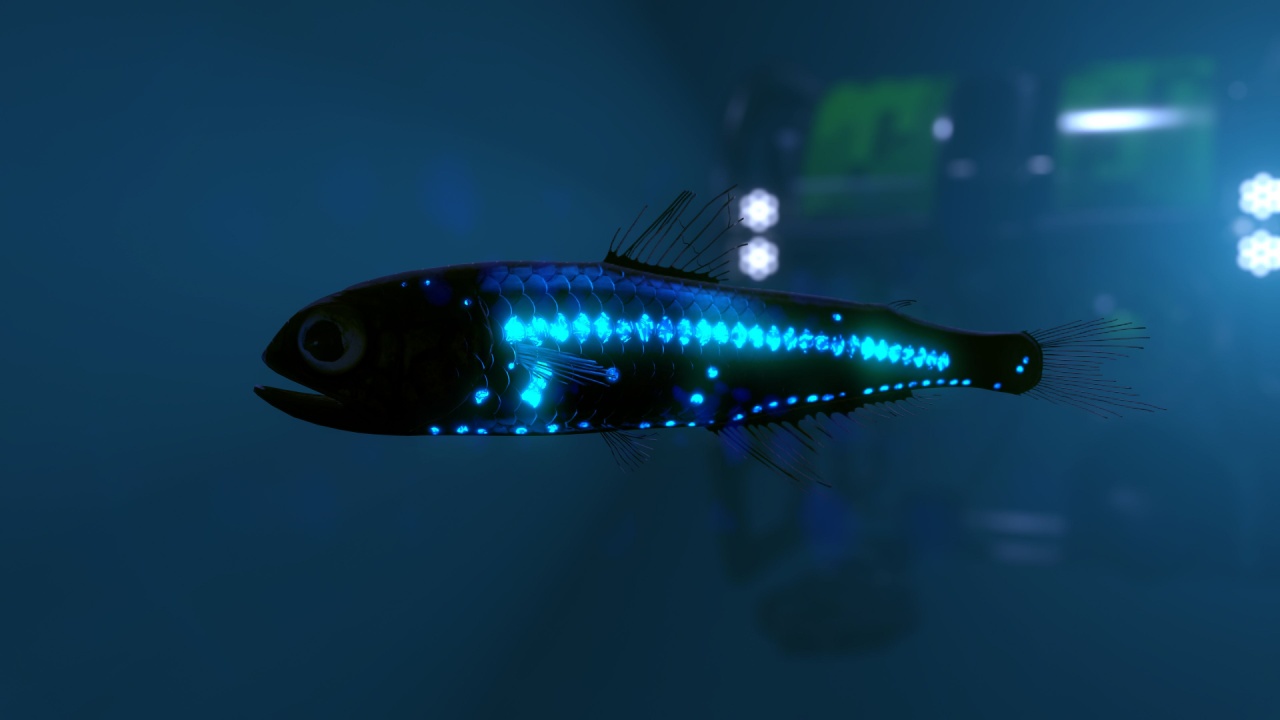
Lanternfish are small but numerous, making up a significant portion of the deep-sea biomass. They have light-producing organs called photophores along their bodies. These lights help them communicate and attract mates.
10. Cookiecutter Shark
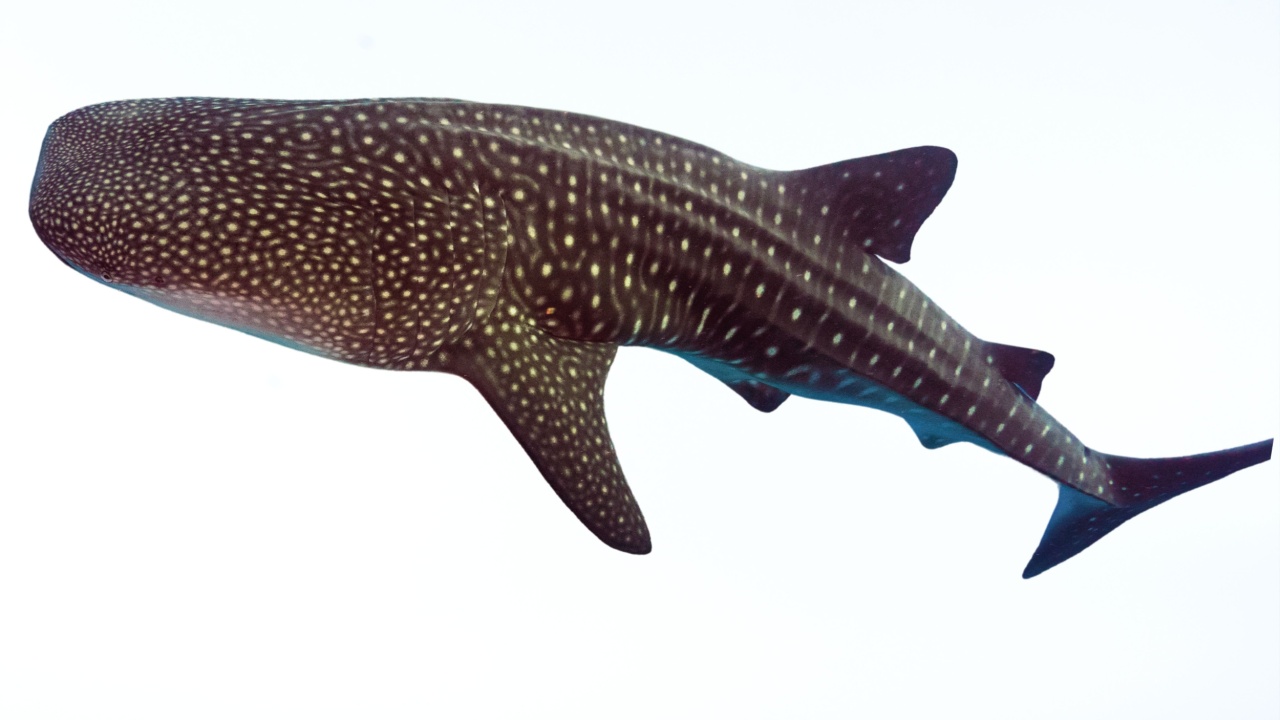
The cookiecutter shark gets its name from the round, cookie-shaped wounds it leaves on its prey. It uses its suction lips and sharp teeth to take bites out of larger animals. This small shark has glowing patches on its belly.
11. Barreleye Fish
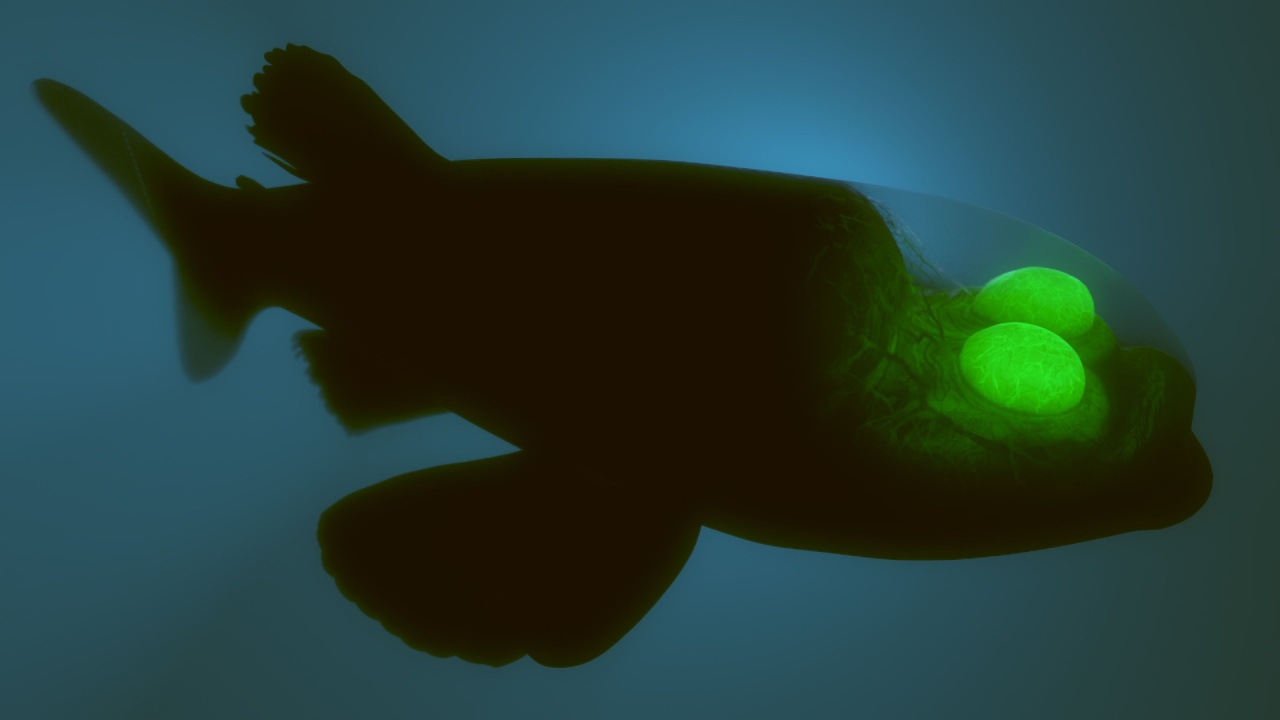
The barreleye fish has a transparent head through which its tubular eyes can look upward. This helps it spot prey silhouetted against the faint light from above. Its eyes are extremely sensitive to light.
12. Fangtooth Fish
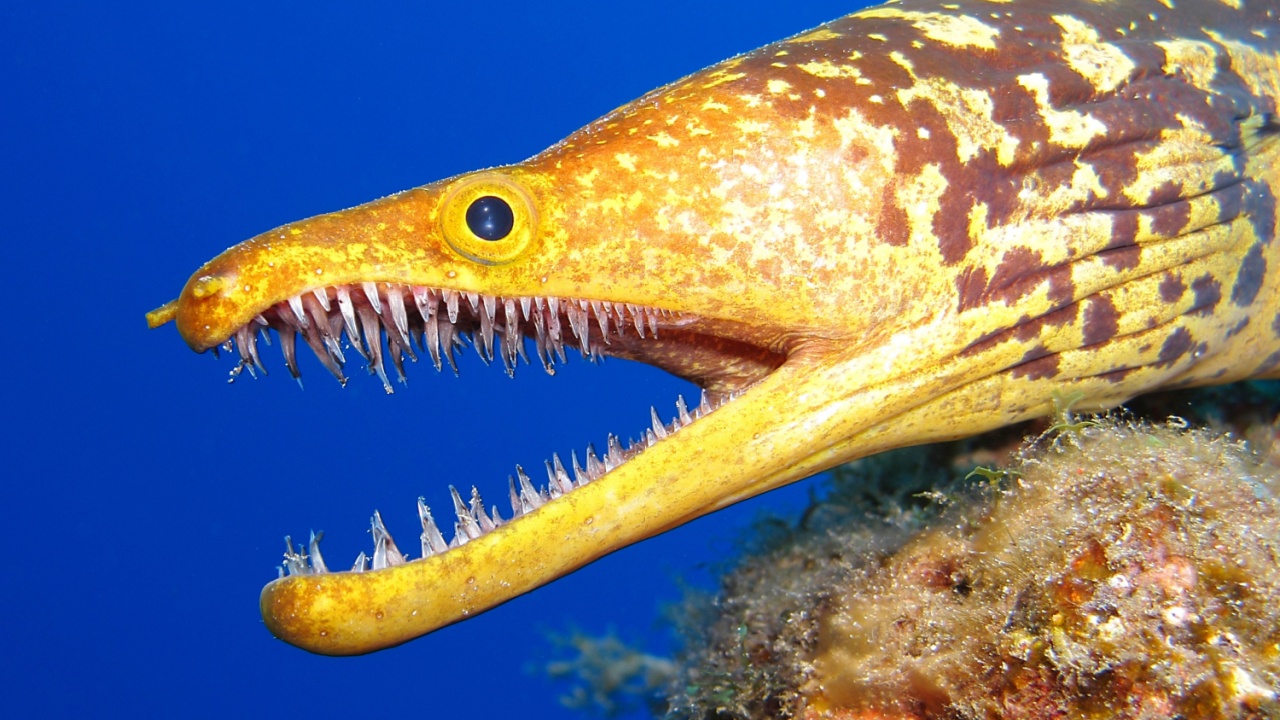
Here is where you will use 2-3 sentences to describe the image/post you want to link them to. This is your excerpt or quick overview for the post. Make sure to include a link at the end (this is how you get traffic) similar to this. To learn more: Link text
13. Gulper Eel
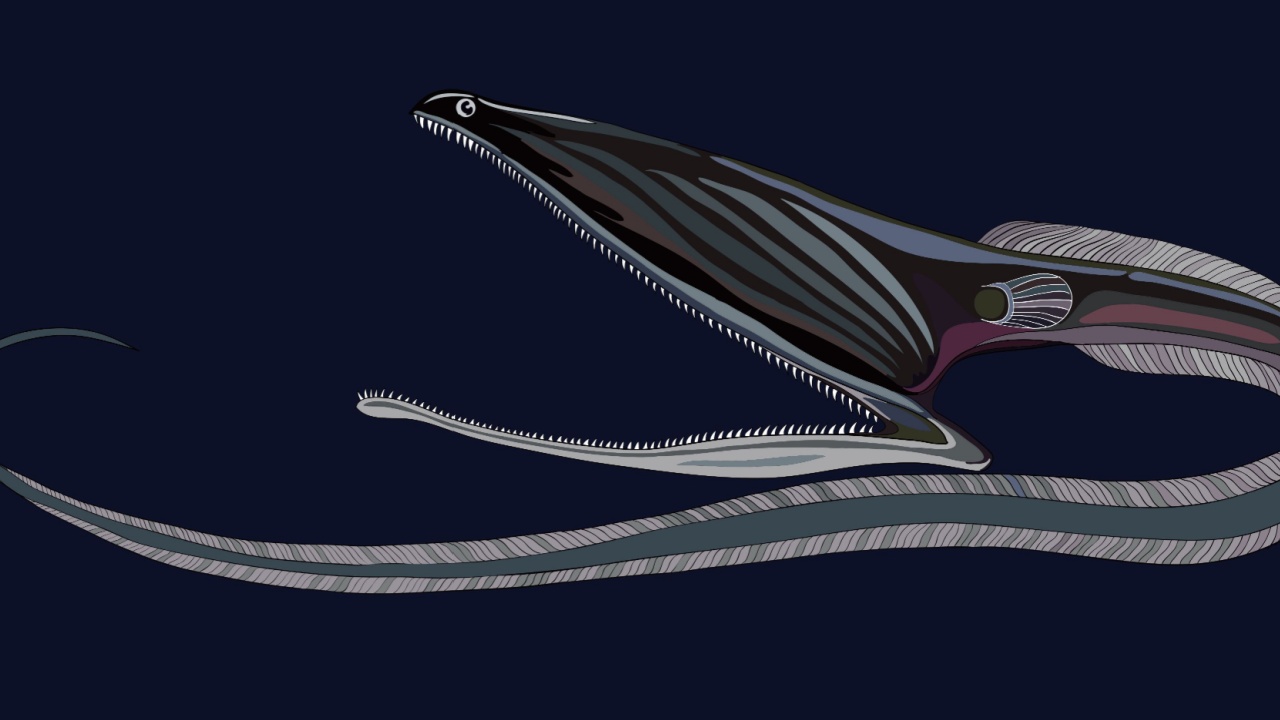
The gulper eel has a huge mouth that can open wide enough to swallow prey larger than itself. Its long, slender body resembles an eel, and it has a bioluminescent tail tip to attract prey. These eels can grow up to 6 feet long.
14. Deep-Sea Angler
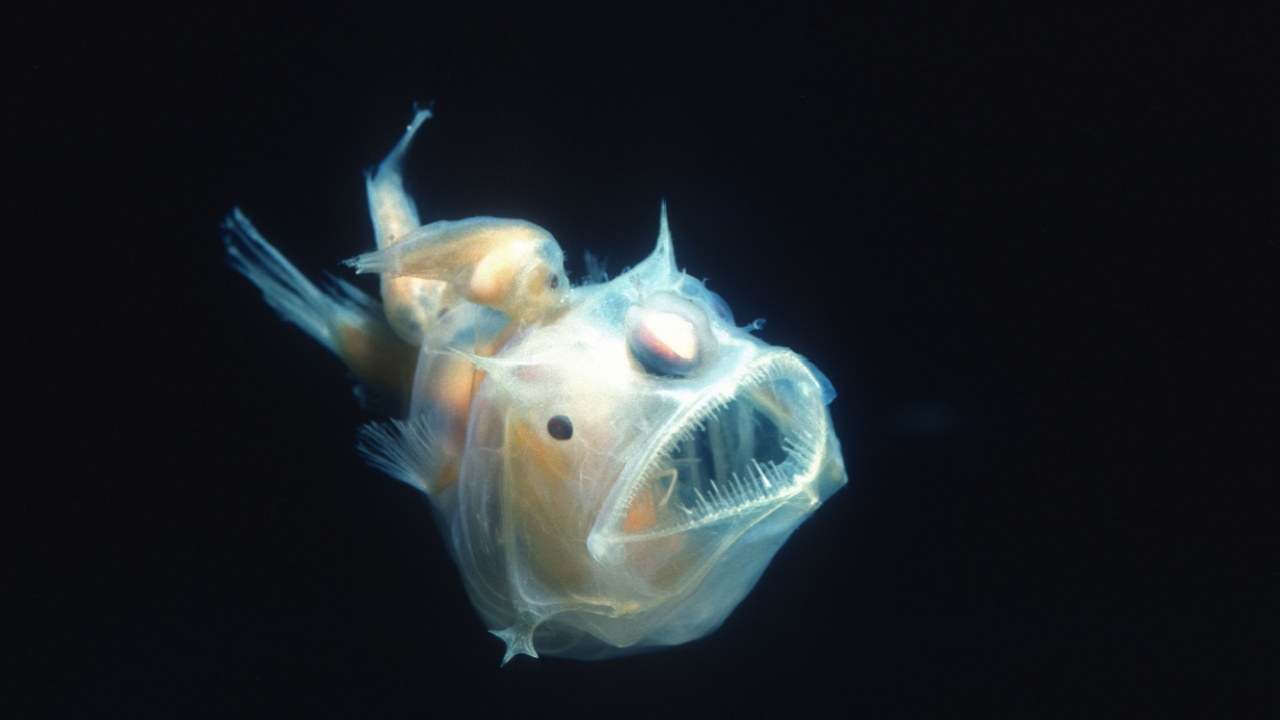
Similar to the anglerfish, the deep-sea angler uses a glowing lure to attract prey. It has a large mouth and sharp teeth to capture its meals. Females are much larger than males, who sometimes attach themselves to the female for life.
15. Tripod Fish
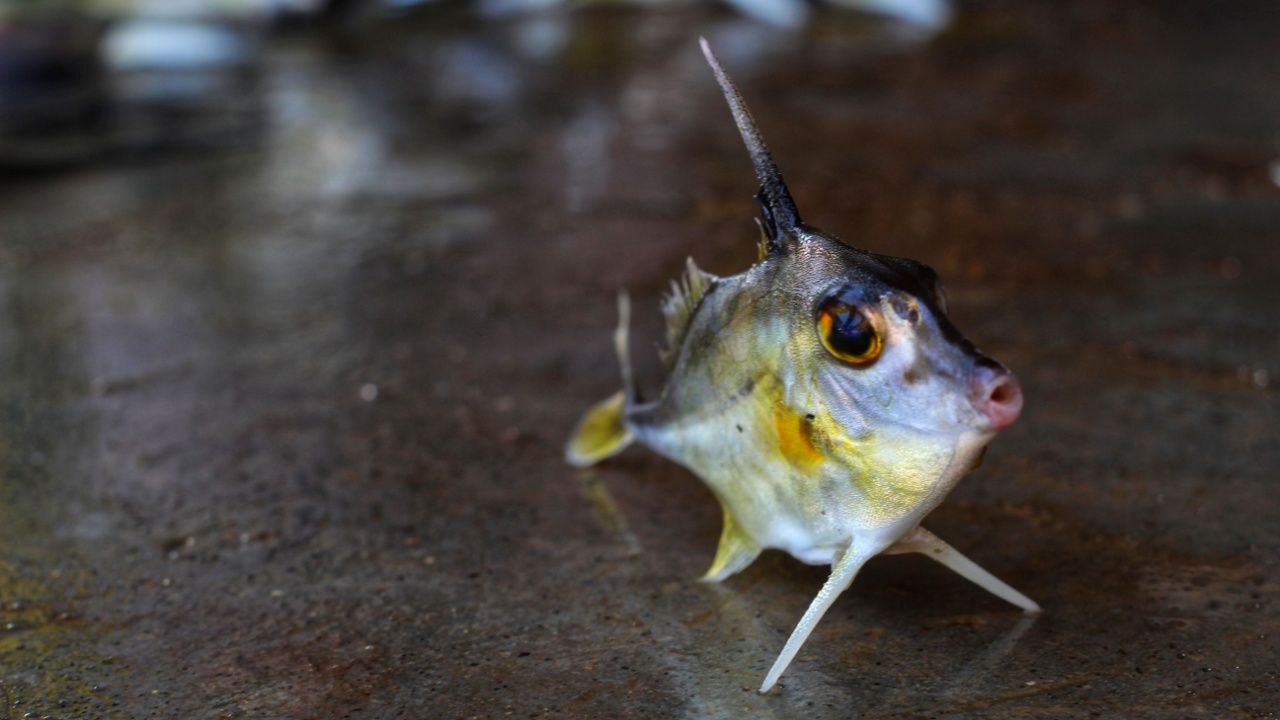
The tripod fish uses its long, bony fins to stand on the ocean floor, resembling a tripod. It faces into the current to catch food drifting by. This fish can grow up to 3 feet long and lives at depths of over 3,000 feet.
Becky is a fervent wildlife enthusiast and pet care expert with a diploma in canine nutrition. Her love for animals stretches beyond the domestic, embracing the wild tapestry of global fauna. With over a decade of experience in animal welfare, Becky lends her expertise to OutlandishOwl through insightful articles, captivating wildlife information, and invaluable guidance on pet nutrition. Her work embodies a deep commitment to understanding the intricate lives of animals and a passion for educating others on sustaining natural habitats. Becky's hands-on conservation efforts and her knack for translating complex dietary science into practical pet feeding tips make her an indispensable voice for creatures great and small.

